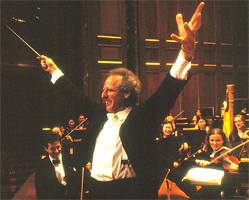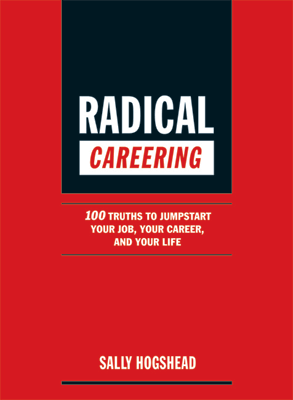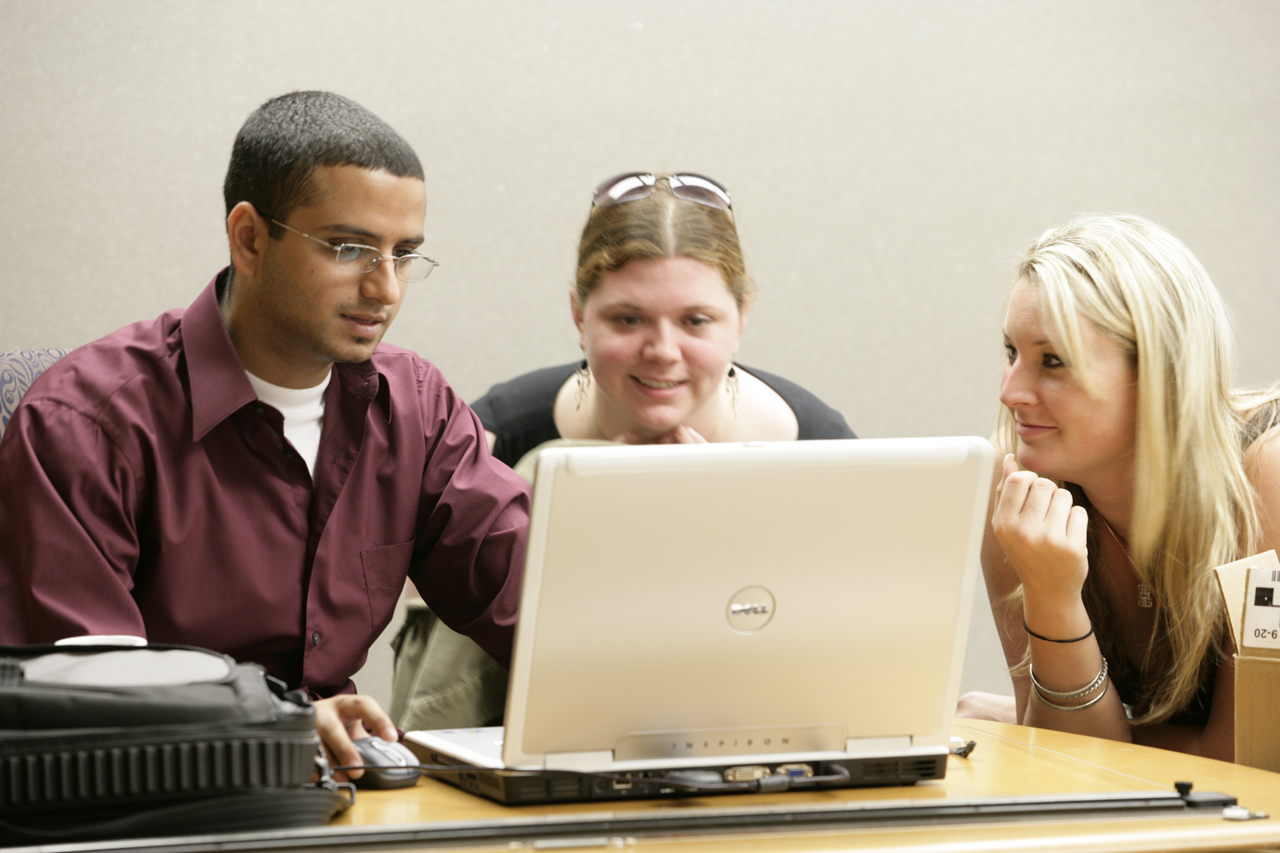
 |
"It is better to keep your mouth shut and appear stupid than to open it and remove all doubt." |
 Ben Zander |
The Art of the Possiblitity |
 Video |
Radical Careering |
Orbiting the Giant Harball |
 |
 |
Friendship-Driven |
Interest-Driven: |
 |